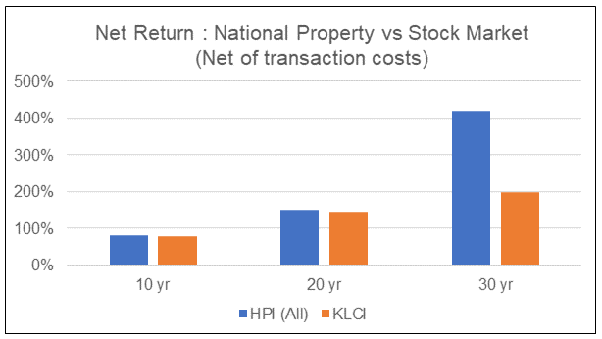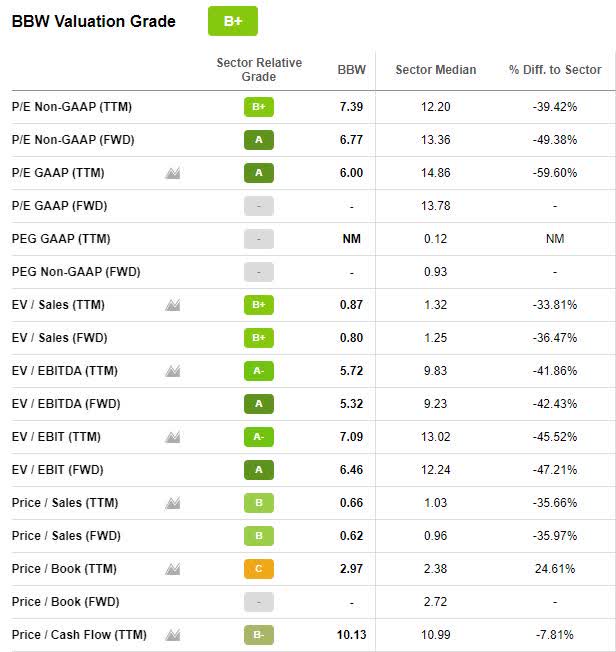
When you are trading Forex, you must follow certain forex risk management principles. These principles are: Stop-loss orders and leverage, position sizing, managing emotions, and leverage. Forex risk management should not be left up to chance and must be implemented by a trader to maximize the overall benefit of a system. For more information on forex trading success, please read the following tips.
Leverage
It is essential to understand the role that leverage plays in forex risk management. Leverage refers to the use of small amounts of capital in order to manipulate a larger market. Leverage can be used to your advantage to increase profits and reduce losses. But, leverage comes with many tradeoffs. You'll likely end up losing more money than making more if you don't fully grasp this concept. To make wise decisions about using leverage, you'll need to assess your level of risk appetite. Higher leverage ratios are fine for experienced traders. However, experienced traders can use higher leverage ratios. New traders should start with less leverage and lower profits.
In the past few decades, leverage has grown exponentially. Back in 1980s, traders needed Lombard loans to finance their trading operations. Securities were used as collateral. Retail brokers today allow traders to have very high leverage ratios. Some offer up 500:1 leverage. This is a far cry from the way investors traded 30 years ago. Leverage may allow you to trade more or in assets you would not otherwise be capable of affording. It can also make it more difficult to trade in volatile markets.

Stop loss orders
Stop orders, in addition to being a great way for capital protection and managing risk in forex trading are an important tool. You are at risk of falling prey to the "just one more trade" bias. This is where you believe that a turnaround is imminent but it wasn't. A stop order provides you with an additional line of defense, closing your trade if it hits your maximum loss level. With a guaranteed stop you don't have worry about slippage.
Stop loss orders are an integral part of any trader’s risk management plan. They automatically close a position even if they are not desired. Stop loss orders play a crucial role in risk management. They also help to determine your reward/risk ratio. Stop loss orders are also used to determine the size of your positions, which is a crucial consideration in order to trade successfully. You should use a stop-loss order if your account cannot be afforded to lose more than 10%.
Position sizing
Forex traders should understand that position sizing is one of the most important tools for managing their risks. It's about more than avoiding losses on single trades. A sound risk management plan will help traders focus on the account as a whole, not individual trades. In short-term traders, who are often quick to react and don't always have time to evaluate their risk, may neglect to control their risk. A forex risk management plan is essential.
This method involves determining a fixed percentage of the capital on each trade. This allows you to limit the risk associated with each trade, and also preserves your capital in the event of a loss. Most experienced traders recommend one to two percent risk on each trade. Although the risk is small, any loss will only impact a small portion of your overall account. Keeping your risk level within this range is crucial to avoid excessive losses.

Controlling your emotions
Forex trading requires you to be able to control your emotions. It's important to take regular breaks, especially when things don't go as planned. You will be able to stop yourself from accumulating more trades. Emotional trading can cause huge losses. Instead, make sure to use sound risk management strategies. These are some tips to help manage your emotions when forex trading. Continue reading to find out more. Para: Don't trade when you feel sad or angry. Instead, take a break.
Forex market has many volatile conditions that can make it easy for traders to become overwhelmed and make poor decisions. Traders should keep in mind that they can only lose a small proportion of their total capital. Over-trading can cause losses and lead to a negative mindset. These emotions can be controlled by following specific trading rules. A trading journal is another way to manage your emotions while trading forex.
FAQ
How can someone lose money in stock markets?
Stock market is not a place to make money buying high and selling low. It is a place where you can make money by selling high and buying low.
The stock market is for those who are willing to take chances. They are willing to sell stocks when they believe they are too expensive and buy stocks at a price they don't think is fair.
They hope to gain from the ups and downs of the market. If they aren't careful, they might lose all of their money.
Why are marketable securities important?
A company that invests in investments is primarily designed to make investors money. It does this by investing its assets into various financial instruments like stocks, bonds, or other securities. These securities are attractive because they have certain attributes that make them appealing to investors. These securities may be considered safe as they are backed fully by the faith and credit of their issuer. They pay dividends, interest or both and offer growth potential and/or tax advantages.
Marketability is the most important characteristic of any security. This is the ease at which the security can traded on the stock trade. If securities are not marketable, they cannot be purchased or sold without a broker.
Marketable securities include common stocks, preferred stocks, common stock, convertible debentures and unit trusts.
These securities are a source of higher profits for investment companies than shares or equities.
What is the distinction between marketable and not-marketable securities
The principal differences are that nonmarketable securities have lower liquidity, lower trading volume, and higher transaction cost. Marketable securities are traded on exchanges, and have higher liquidity and trading volumes. Because they trade 24/7, they offer better price discovery and liquidity. But, this is not the only exception. For instance, mutual funds may not be traded on public markets because they are only accessible to institutional investors.
Non-marketable securities tend to be riskier than marketable ones. They generally have lower yields, and require greater initial capital deposits. Marketable securities tend to be safer and easier than non-marketable securities.
A bond issued by large corporations has a higher likelihood of being repaid than one issued by small businesses. This is because the former may have a strong balance sheet, while the latter might not.
Investment companies prefer to hold marketable securities because they can earn higher portfolio returns.
How are shares prices determined?
Investors are seeking a return of their investment and set the share prices. They want to make money from the company. They then buy shares at a specified price. If the share price increases, the investor makes more money. If the share price falls, then the investor loses money.
An investor's main objective is to make as many dollars as possible. This is why they invest in companies. It allows them to make a lot.
How are securities traded?
Stock market: Investors buy shares of companies to make money. Companies issue shares to raise capital by selling them to investors. Investors can then sell these shares back at the company if they feel the company is worth something.
Supply and demand are the main factors that determine the price of stocks on an open market. If there are fewer buyers than vendors, the price will rise. However, if sellers are more numerous than buyers, the prices will drop.
Stocks can be traded in two ways.
-
Directly from the company
-
Through a broker
What is the difference in a broker and financial advisor?
Brokers specialize in helping people and businesses sell and buy stocks and other securities. They handle all paperwork.
Financial advisors are experts on personal finances. They use their expertise to help clients plan for retirement, prepare for emergencies, and achieve financial goals.
Banks, insurers and other institutions can employ financial advisors. Or they may work independently as fee-only professionals.
Consider taking courses in marketing, accounting, or finance to begin a career as a financial advisor. You'll also need to know about the different types of investments available.
Statistics
- "If all of your money's in one stock, you could potentially lose 50% of it overnight," Moore says. (nerdwallet.com)
- Our focus on Main Street investors reflects the fact that American households own $38 trillion worth of equities, more than 59 percent of the U.S. equity market either directly or indirectly through mutual funds, retirement accounts, and other investments. (sec.gov)
- For instance, an individual or entity that owns 100,000 shares of a company with one million outstanding shares would have a 10% ownership stake. (investopedia.com)
- The S&P 500 has grown about 10.5% per year since its establishment in the 1920s. (investopedia.com)
External Links
How To
How can I invest my money in bonds?
A bond is an investment fund that you need to purchase. They pay you back at regular intervals, despite the low interest rates. These interest rates can be repaid at regular intervals, which means you will make more money.
There are many ways you can invest in bonds.
-
Directly buying individual bonds.
-
Buy shares of a bond funds
-
Investing via a broker/bank
-
Investing through a financial institution
-
Investing through a pension plan.
-
Invest directly with a stockbroker
-
Investing in a mutual-fund.
-
Investing via a unit trust
-
Investing via a life policy
-
Private equity funds are a great way to invest.
-
Investing via an index-linked fund
-
Investing through a Hedge Fund